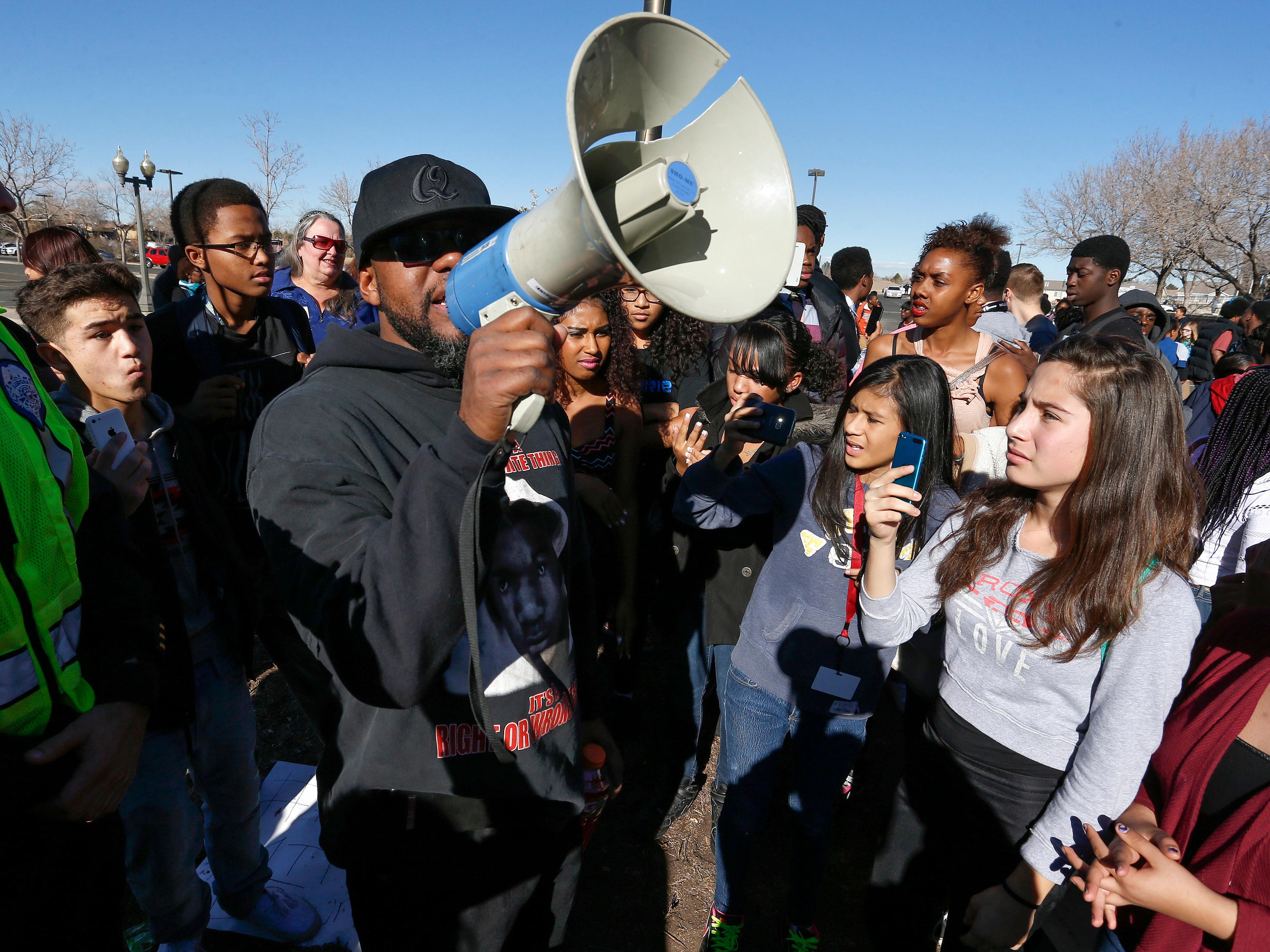
Colorado sociologist helps parents, teachers talk about Ferguson with kids
As protests were staged nationwide in response to events in Ferguson, Missouri, and Staten Island, History Colorado hosted workshops to help adults talk with kids about race.
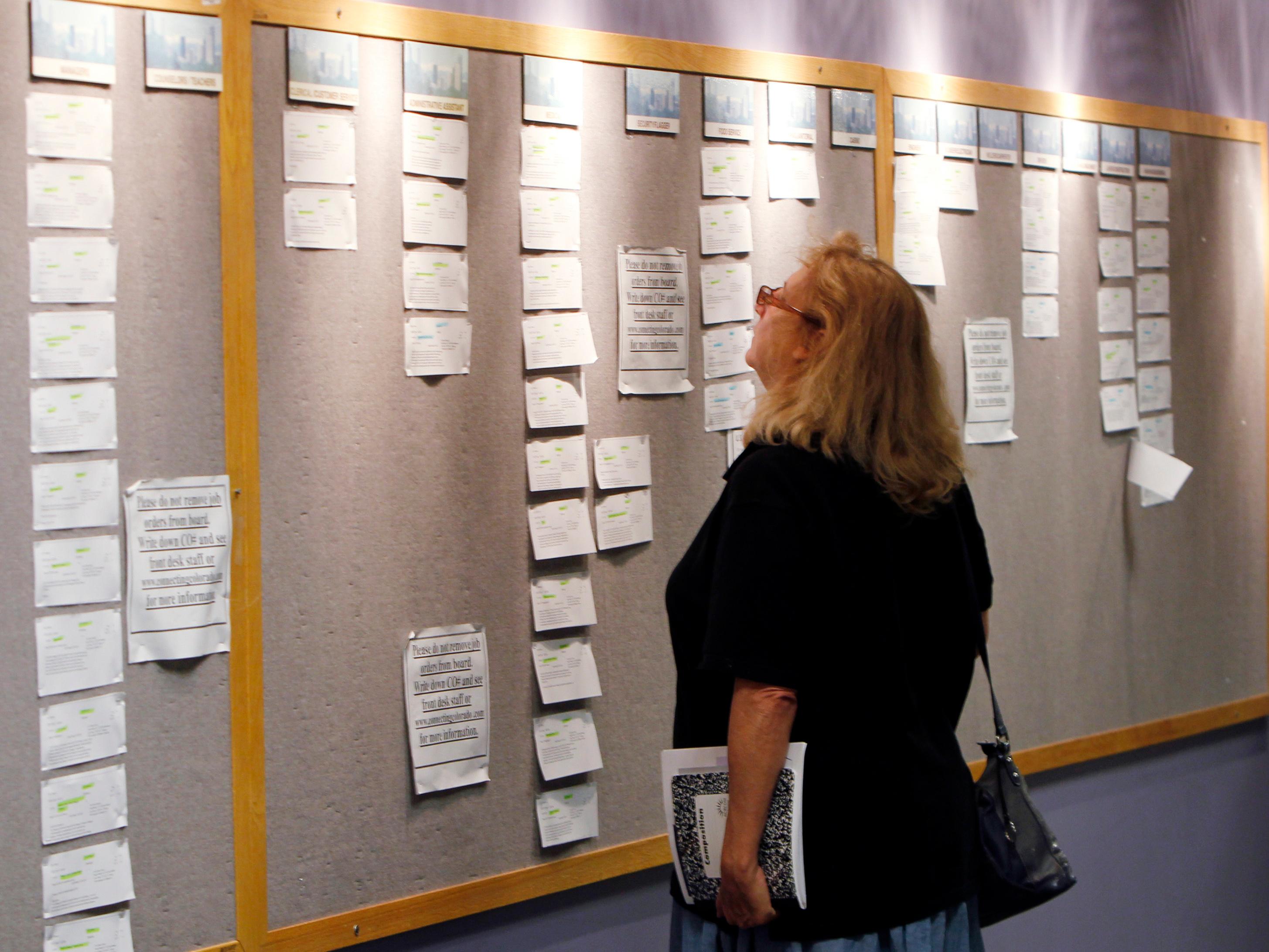
Report: Colorado job growth to continue, but below 2014 levels
The 2015 Business Economic Outlook shows signs of promise for areas of the state still recovering from the recession and explains why DIA is so vital to the state’s growth.

CSU president makes it official, wants new stadium built on campus
CSU is not a college football powerhouse, but the Rams are having a very good year, and will also get a new, $200-million stadium.

Parents, kids need to talk about race, Colorado expert says
Research shows parents are more likely to pretend they are “colorblind,” which can hurt them and their kids.
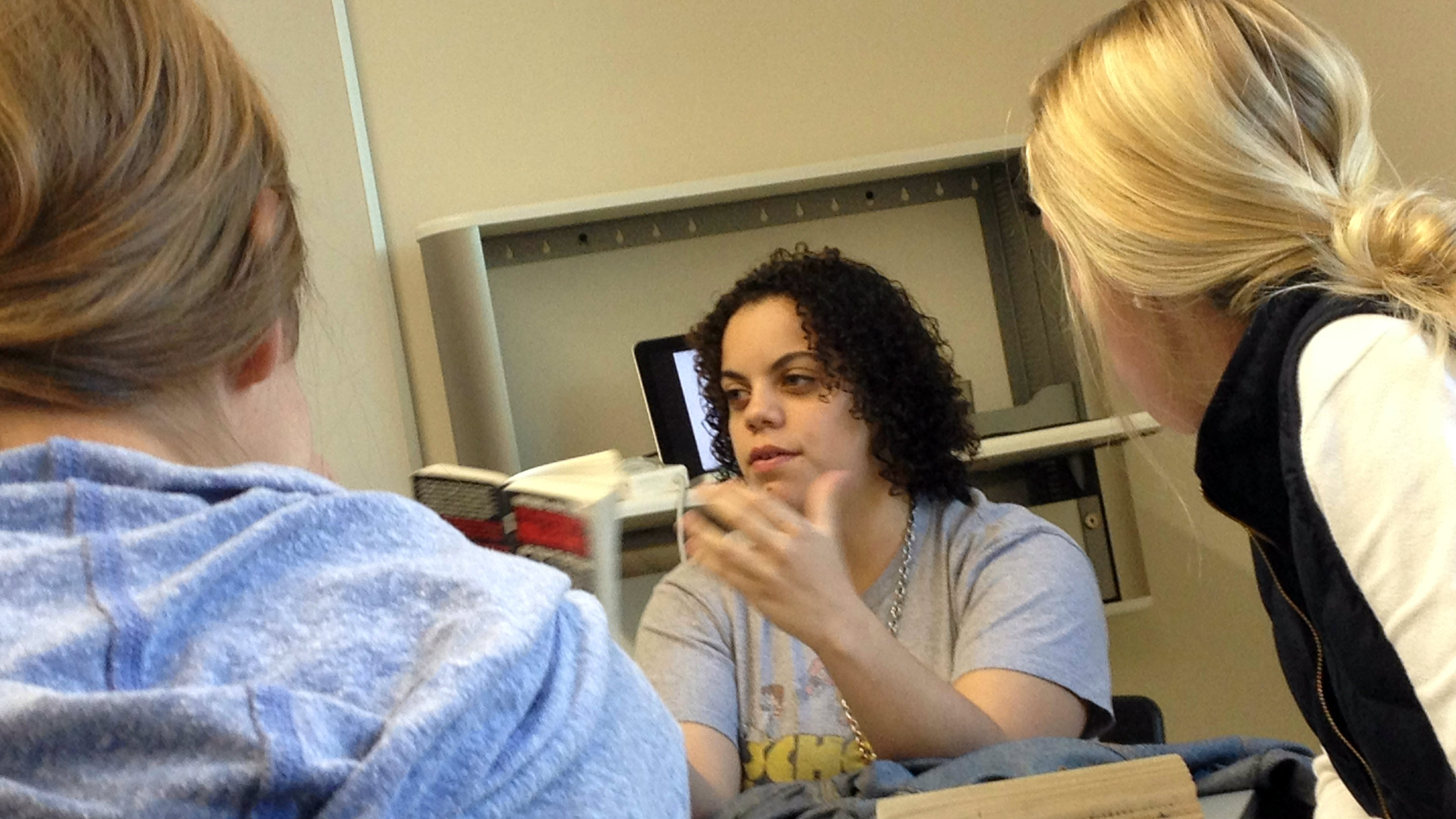
Colorado teen struggles to navigate her black and white identities
April Edwards says her parents didn’t talk about race at home. Now she’s taking it on at home and at school.
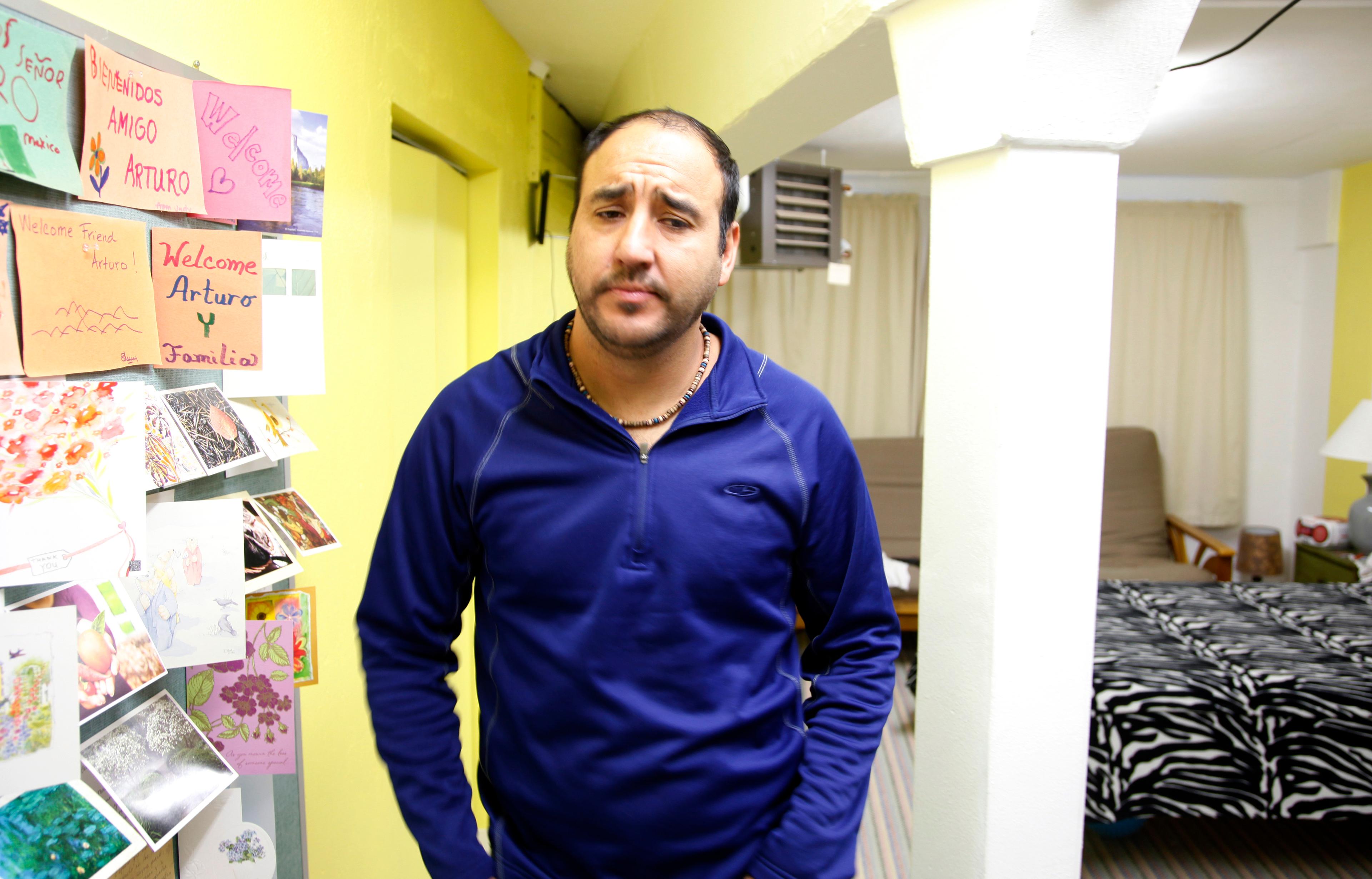
Report: 75K immigrants illegally in Colorado eligible for presidential relief
Compared with other states, many immigrants living in the state illegally are eligible for relief. But the total number of these immigrants in Colorado is dropping.
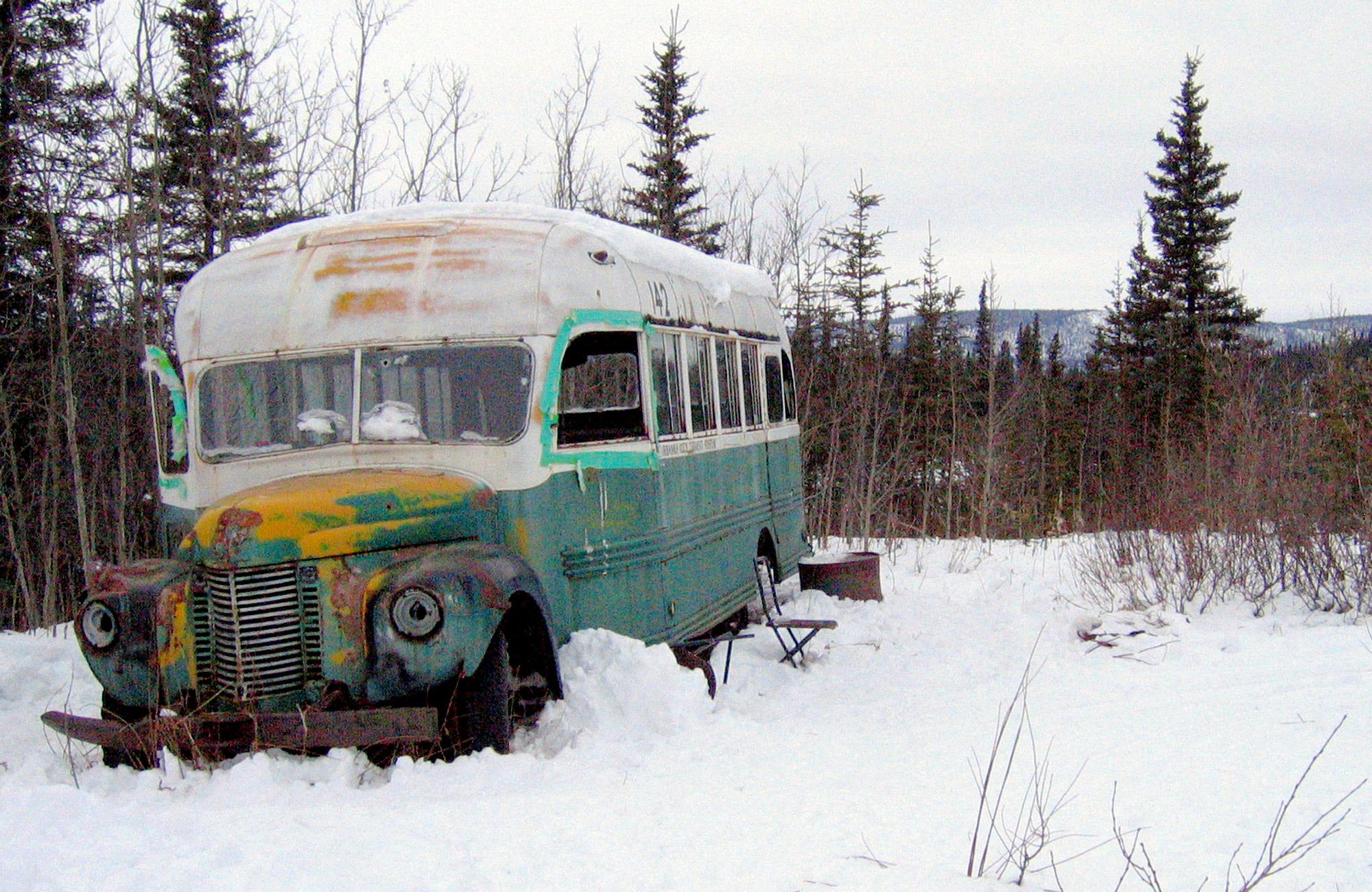
Chris McCandless’ sisters explain why he went ‘Into the Wild’
The history behind McCandless’ journey to Alaska, which is the subject of a well-known book and film, is revealed in a new memoir.

Denver mayor: Affordable housing shortage threatens city’s identity
Mayor Michael Hancock says more than a third of Denverites struggle to pay rent in the city.

New film goes inside swimmer Missy Franklin’s journey to Olympic glory
“Touch the Wall,” premiering Saturday in Denver, follows the stories of Franklin and her teammate, Kara Lynn Joyce.
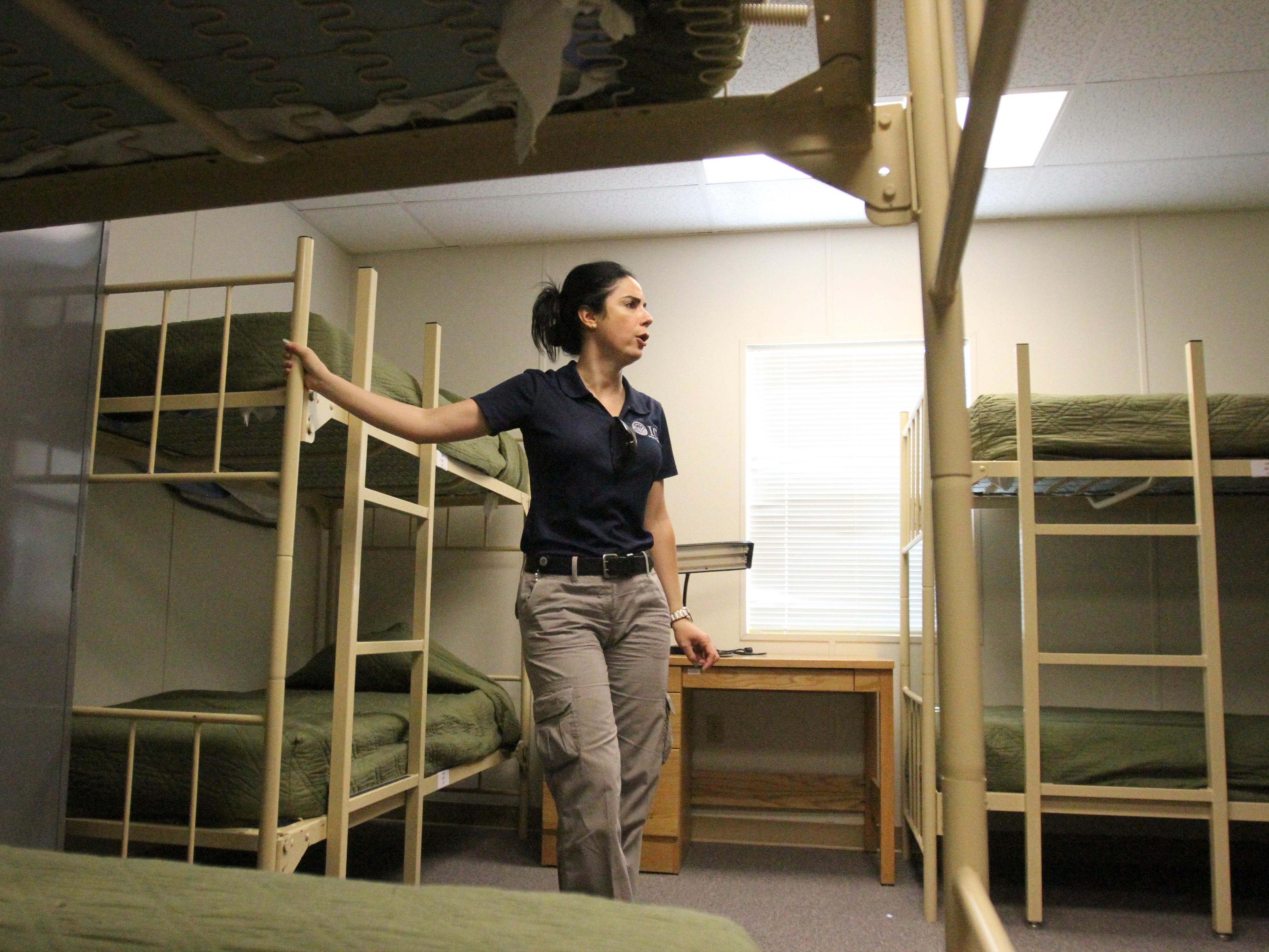
Colorado attorneys helping undocumented people detained in NM
The detention center in Artesia, NM, is one of two set up this year by the Obama Administration to house the flood of people coming from Central America.
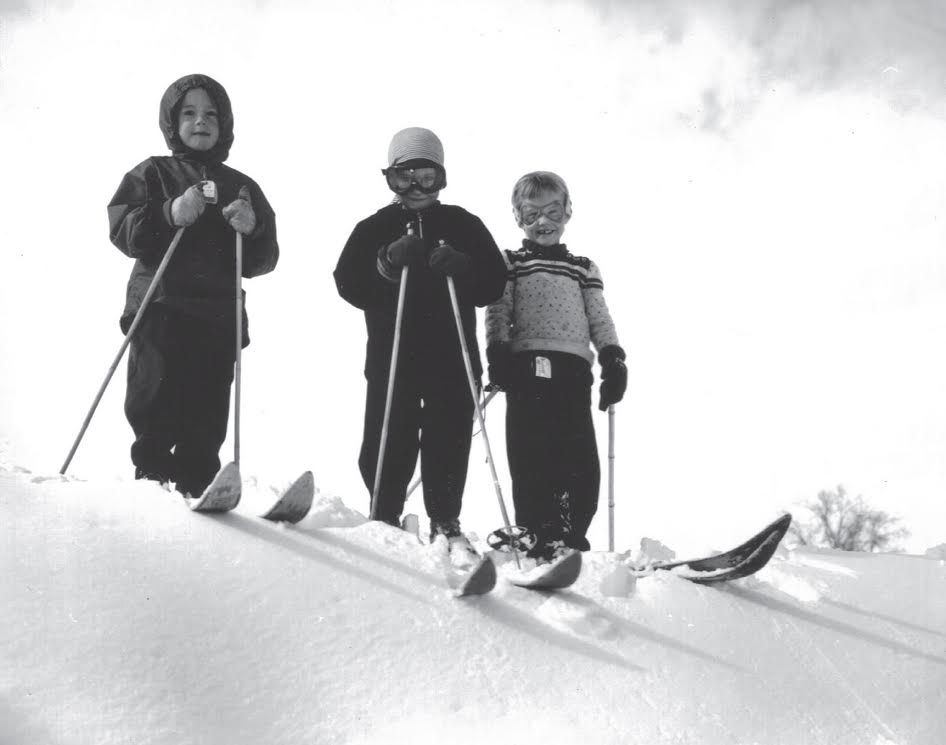
In Colorado, ‘lost’ ski areas can still be found
A new book describes where ski areas used to be in Colorado and why they disappeared.

Pollsters did a better job calling Colorado’s election this time around
In recent years political pollsters have had a hard time calling races here. That changed in 2014.

Boulder chef, farmer wants you to grow your own food, too
In a new cookbook, Black Cat Bistro’s Eric Skokan focuses on food that grows well in Colorado, and teaches cooks what to do with it.
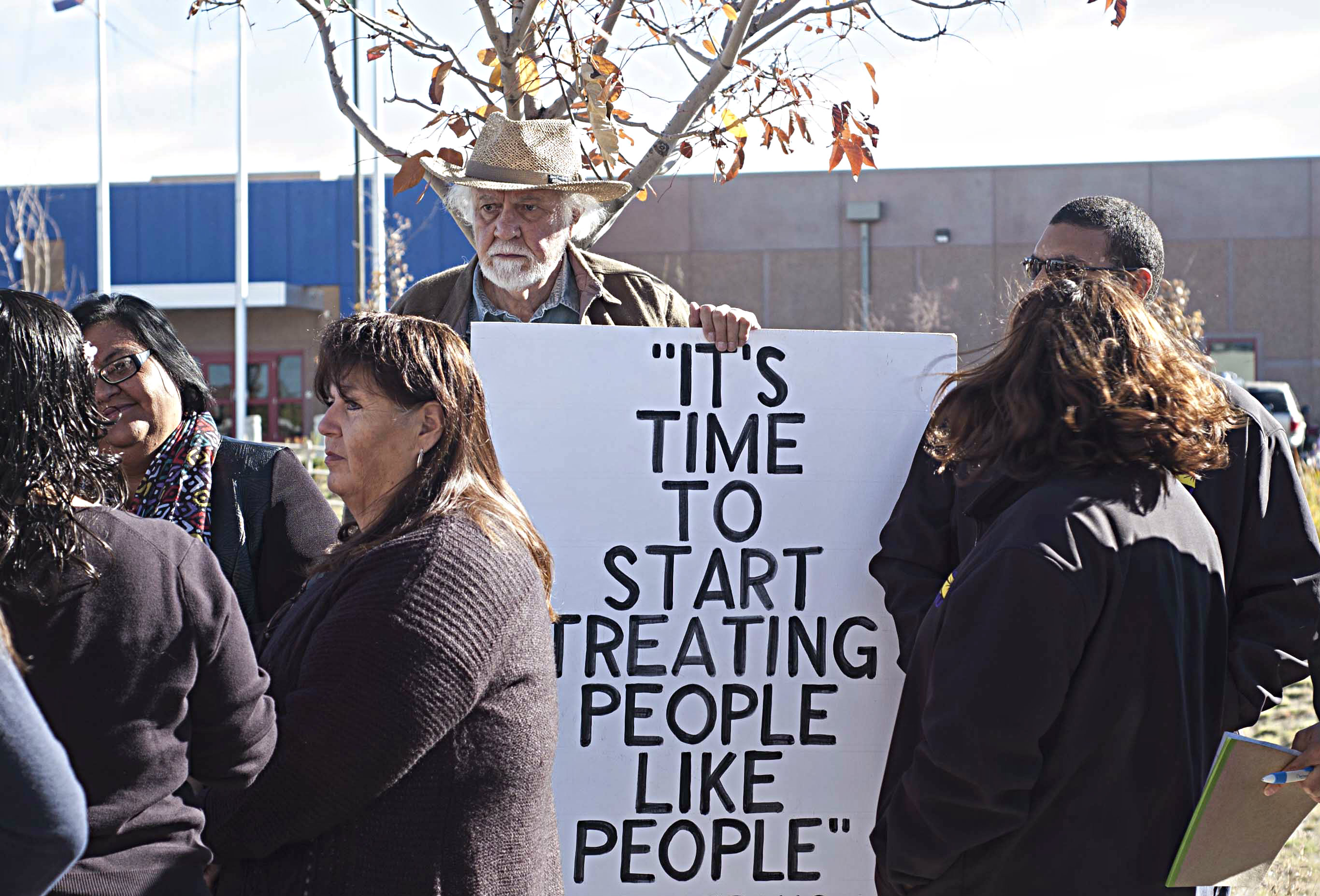
Colorado immigrant detainees’ labor claims may be part of national issue
Immigrants held at a facility in Aurora say they were paid $1 a day for labor there. The New York Times recently investigated similar claims from around the country.
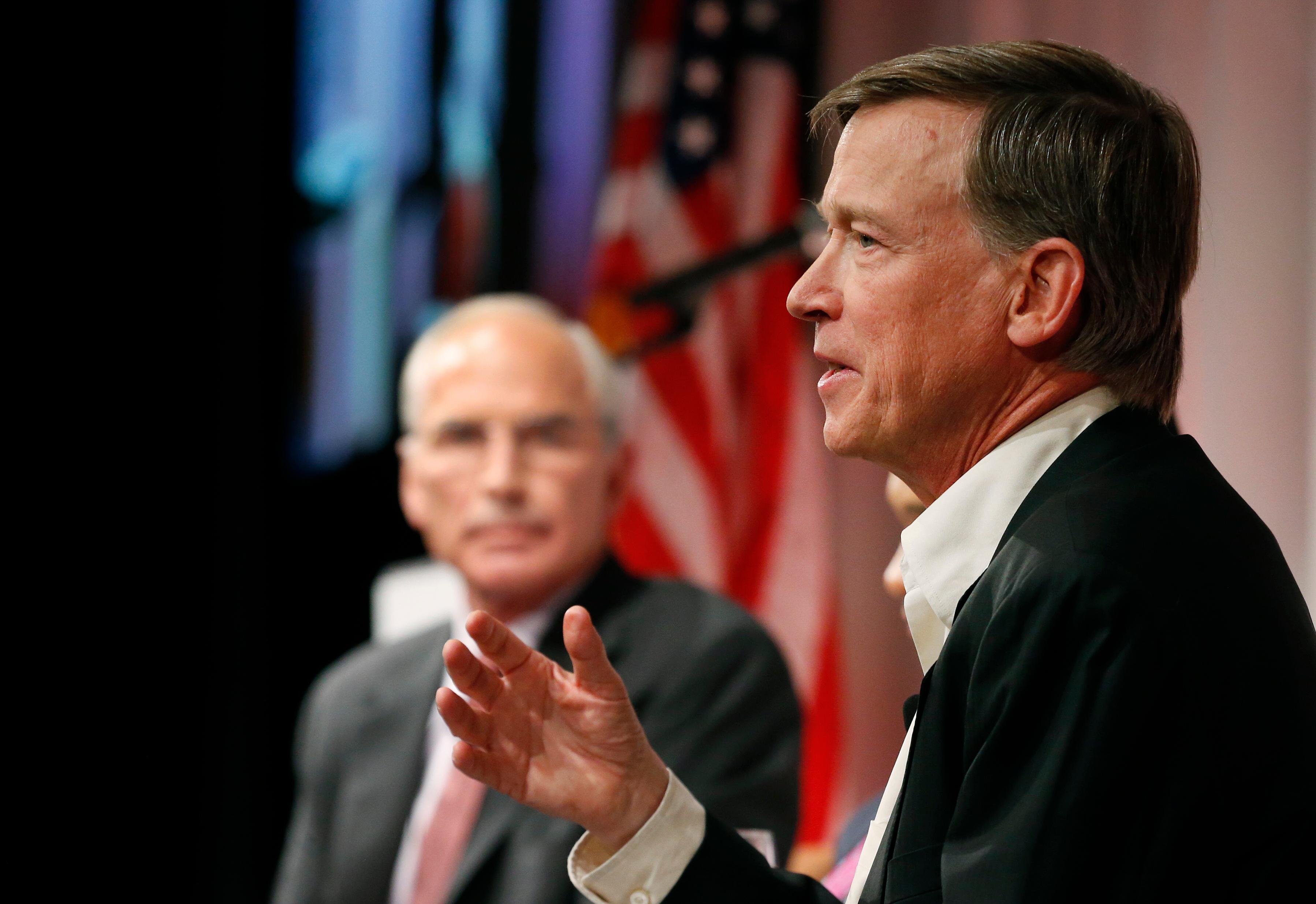
What John Hickenlooper would do if re-elected Colorado governor
The incumbent governor vying for a second term talks about his plans for the economy, what his oil and gas task force can accomplish, and other issues.
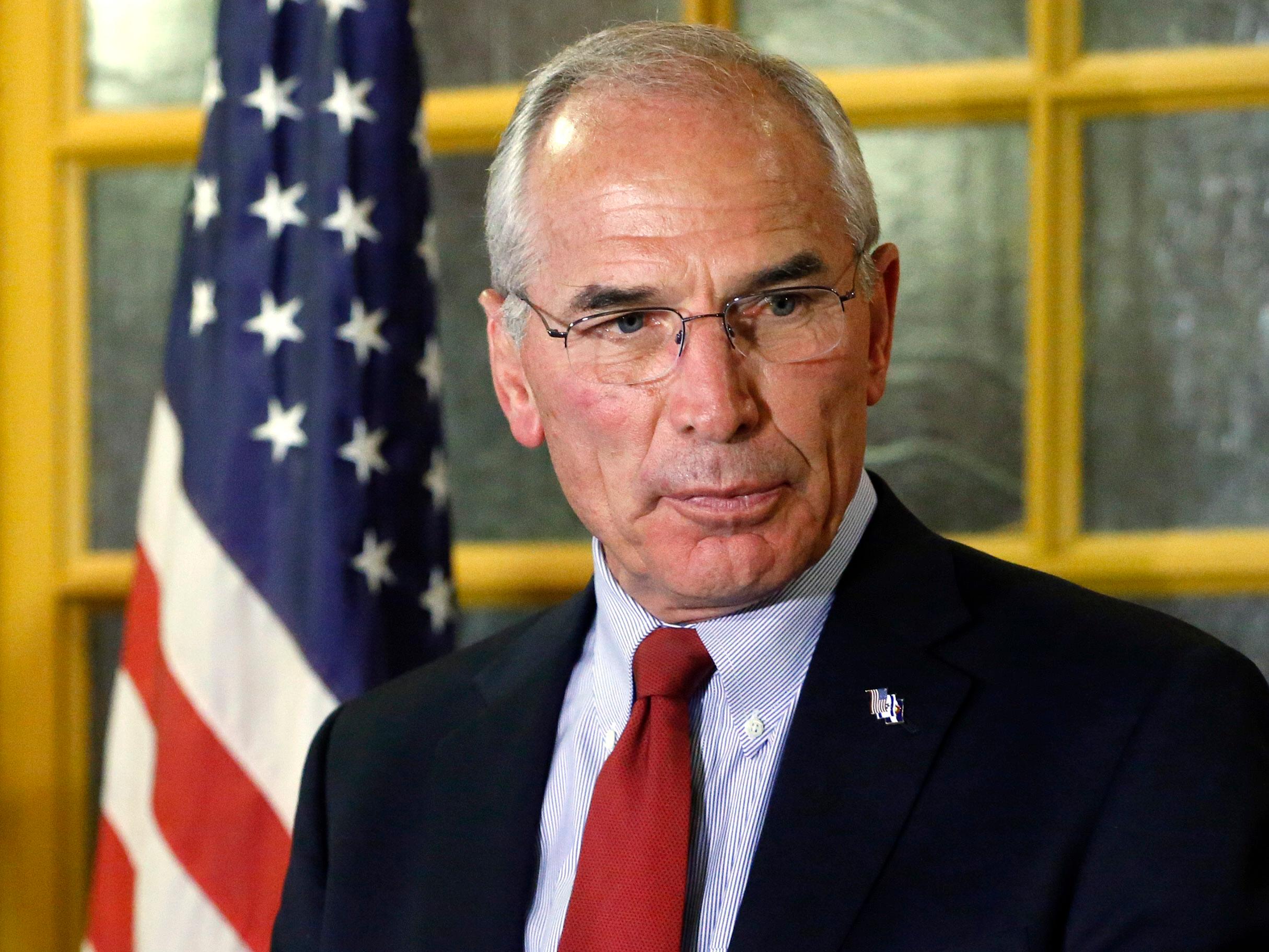
What Bob Beauprez would do if elected Colorado governor
As part of CPR News’ ongoing election coverage, Bob Beauprez talks about the economy, regulating oil and gas drilling, how to get money for K-12 education and much more.

